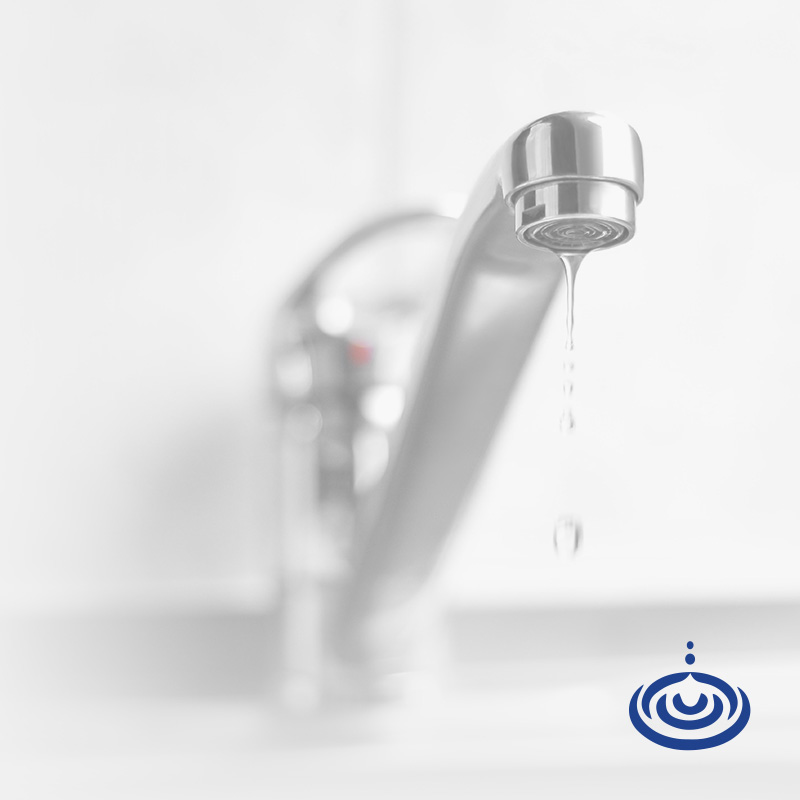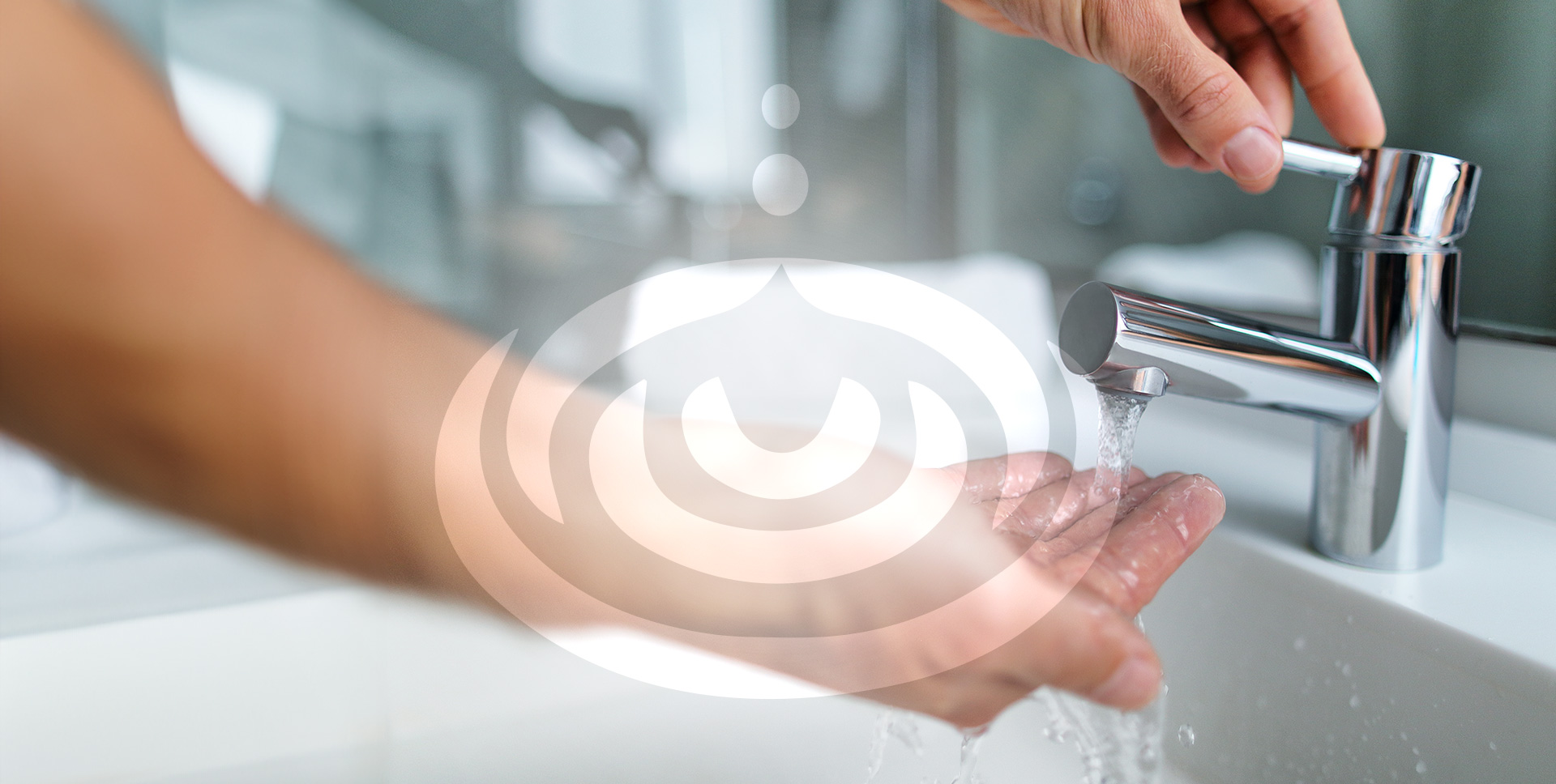
Leak Detection in Suffolk County
Finding & Fixing Leaks on Long Island, NY
Prompt detection is essential to avoid a bigger leak and the accompanying water damage. You can avoid a major problem by calling a plumber at the first sign of a leak.
At Order a Plumber, we have experienced plumbing technicians who are equipped to accurately detect leaks in Suffolk County and across Long Island. We can find and repair even the most difficult to locate pipe leaks.
Contact Order a Plumber today at (631) 234-0687 to schedule leak detection service.
Don’t Ignore Signs of a Water Leak
A leak in a pipe under the kitchen sink may be easily detected. However, many smaller leaks aren’t detected until the leak gets bigger or the pipe ruptures and you are left with a giant mess.
This is because most of your pipes are behind the walls, where they can be silently causing damage, especially if the leak is small. It is important to look out for the warning signs of a leak and call a professional when you first notice a problem.
You may have a water leak if you have:
- An increase in your water bill
- Wet spots on a wall, ceiling, or floor
- Mold
- A mildew odor
- Cracks in your foundation
If you have noticed any of these signs of a potential water leak, it is important to deal with it immediately. When water leaks are allowed to continue, the water can cause damage to your walls, flooring, foundation, and the interior of your home. The wetness can allow mold to grow, which can cause potential health problems for your family.
The Best Leak Detection Methods
At Order a Plumber, our technicians use the latest technology and proven methods for leak detection in Suffolk County. We are equipped to detect any leak in your plumbing system and provide fast and accurate leak repair, so you can avoid significant damage to your home.
Are You...
- In Need of a Service?
- Looking for a Professional?
- Tired of Doing-it Yourself?
Order a Plumber is here to help you with all these issues and so much more before they become a major issue.

Hear From Our Happy Customers
"They were polite and responsive of my issue"



